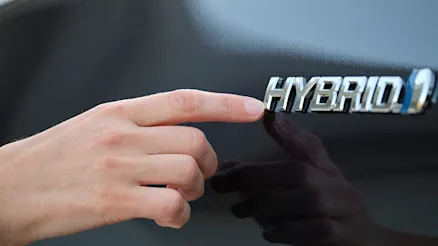
Why hybrids are quietly winning Australia’s EV race
Hybrid vehicles in Australia are currently more popular than full battery EVs. The difference comes down to factors like pricing, variety and range.
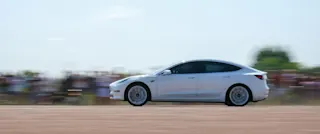
Should EV drivers across Australia be paying a tax for every kilometre they drive? It’s not in place yet and the details are yet to be ironed out, but the Federal Government has confirmed a road user tax is on the cards for electric vehicles. So is this a case of EV drivers simply paying their fair share, or would a road user tax be unfair?
If you haven’t heard already, Federal Treasurer Jim Chalmers recently held a roundtable with leaders in the transport and infrastructure industries to float the idea of an EV road user tax and start developing a roadmap for it.
A road user tax or charge applies based on distance travelled (often factoring in vehicle weight too), and would be a way of gathering funds for road construction and maintenance from drivers. The idea has gained recent ground as Aussies increasingly adopt hybrid and electric vehicles, with almost one in ten new car sales now electric.
EVs and hybrids use less liquid fuel. Right now, a fair chunk of the money Australia uses to build and fix its roads comes from the 51.6-cents-per-litre fuel excise, which drivers pay at the bowser. Hybrid vehicle drivers require less liquid fuel, so they pay less fuel excise. Meanwhile, full EV drivers currently pay none at all.
On top of this, traditional internal combustion vehicles are becoming more fuel efficient, further reducing this avenue of government revenue.
Put simply: petrol consumption and road usage used to be closely linked, but this link is weakening over time. This means the government is looking at a different way to make up that lost revenue for road upkeep.
So far the Treasurer hasn’t announced how the road user tax would be calculated, but has confirmed it would only apply to EVs and not those already paying fuel excise.
The Victoria and NSW Governments have both raised plans to introduce a road user tax in the past, but these both hinge on the Federal Government’s power to implement it on a nationwide basis.
New Zealand is transitioning to a nationwide road user charge system by 2027, which is set to cover all light vehicles including petrol and diesel models. Meanwhile in the US, Utah and Oregon have road user policies in place and California is running its own pilot program. Many European countries already use distance-based tolls to help fund infrastructure.
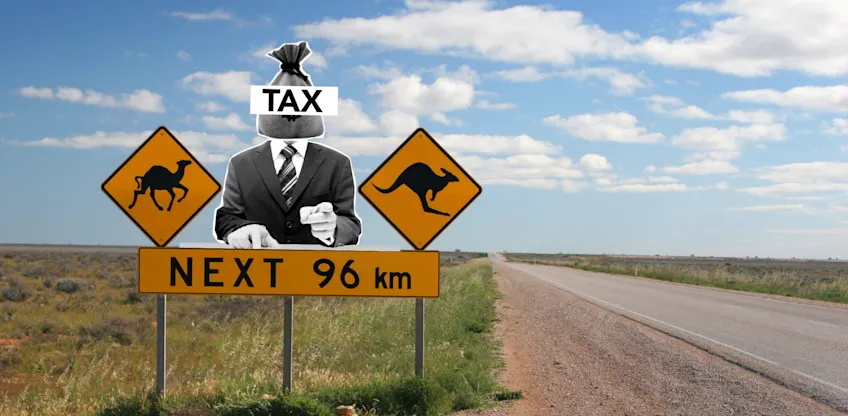
Australia has to pay for its road maintenance somehow. We all benefit from smooth roads that aren’t falling apart! With more cars on the road being hybrid and EV, it makes sense to reconsider the way we fund road infrastructure. EVs can even weigh more than their conventional counterparts due to battery weight, so it’s certainly reasonable to expect EV drivers to help pay for wear and tear.
It’s a complex topic though.
Some say the current system is already unfair. Under the fuel excise system, eligible businesses can claim fuel tax credits, which means that fuel tax is mostly paid by household users of fuel. The fuel excise can also unfairly impact those who can’t afford to upgrade to an EV and rely on conventional engines to get them from A to B. Is it fair for petrol drivers to subsidise EV drivers?
On the other hand, an extra cost of a road user charge could deter people from buying EVs or hybrids, meaning the transition to low-emission vehicles takes longer. A distance-based charge could mean that regional and remote drivers pay more than others, as well as those living in outer suburbs – who often happen to be younger folk priced out of inner suburbs.
Meanwhile, a blended fuel excise and road user charge system could mean some drivers potentially face a double whammy. Fortunately the Treasurer has ruled this out for now.
So it can be argued that no system is entirely fair to all drivers. Really, though, it’s all going to depend on the details as the new model is developed.
Well, the answer is that it’s complicated! There are no concrete policy or plans as yet, but we can certainly expect more discussion on it. The Federal Government has its work cut out to make the system as fair as possible while considering how it will affect all types of road users.
We’ll bring you more news as it comes to hand. In the meantime, Carma always has guaranteed great used cars at great prices – including quality second hand EVs, hybrids petrol and diesel options.

Hybrid vehicles in Australia are currently more popular than full battery EVs. The difference comes down to factors like pricing, variety and range.
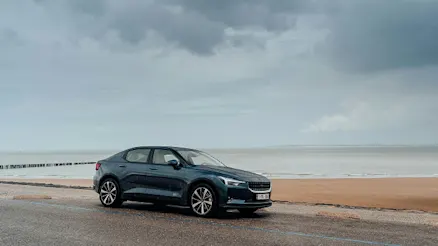
Are EVs losing popularity in Australia? As we explore, there’s still plenty of interest in electric technology but the issue is multifaceted.
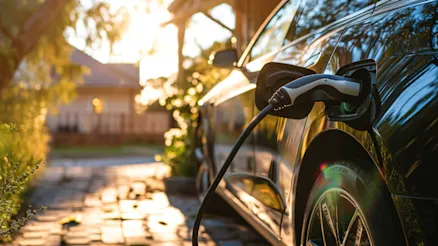
V2G and V2H charging technologies have the potential to transform the way we power our homes and our national electricity grid. Learn how they work.